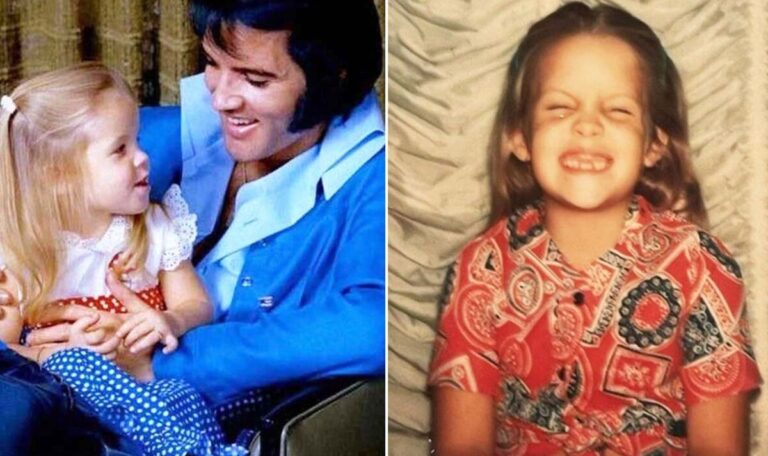At 90 years old, country music legend Jeannie Seely is breaking her silence, revealing decades-old secrets that could shake the very foundation of the Grand Ole Opry. A letter resurfaced, igniting a firestorm of revelations about the hidden struggles faced by women in the music industry and the dark corners of the Opry that have long been shrouded in mystery.
 Seely, once a shining star who hosted the Grand Ole Opry, is finally ready to speak out about her harrowing experiences backstage, particularly a chilling encounter in a room known only as 6B. What transpired there in 1971 during a power outage has haunted her for over five decades. It was a moment that forced her to confront the harsh realities of a male-dominated industry and led her to burn one of her cherished dresses in a desperate act of defiance.
Seely, once a shining star who hosted the Grand Ole Opry, is finally ready to speak out about her harrowing experiences backstage, particularly a chilling encounter in a room known only as 6B. What transpired there in 1971 during a power outage has haunted her for over five decades. It was a moment that forced her to confront the harsh realities of a male-dominated industry and led her to burn one of her cherished dresses in a desperate act of defiance.
For years, Seely has documented the injustices she faced, meticulously typing letters that chronicled the threats, the whispers, and the systemic silencing of women in country music. These letters, tucked away in a locked box under her bed, became her “insurance policy,” a record of the truth that the Opry tried to erase. But after a chance encounter with a young researcher who mentioned room 6B, Seely found the courage to confront her past and the secrets she had kept hidden.

The revelations are explosive: a former employee misfiled one of Seely’s letters in a backroom closet at the Opry, sparking a chain reaction that could expose the industry’s dark history. As whispers of past injustices resurface, Seely’s memoir—self-published and barely promoted—begins circulating among a new generation of artists, igniting conversations about the power dynamics that have long dictated the lives and careers of women in country music.
Seely’s bravery has already prompted changes within the Opry, with new policies aimed at protecting performers from undue backstage influence. Yet, the battle is far from over. As Seely reflects on her legacy, she knows that her fight is not just for herself but for the countless women who came before her—women whose voices were silenced or erased.
In an industry that has often sought to control narratives, Jeannie Seely stands as a testament to resilience and truth. She is not just a survivor; she is a keeper of secrets, a witness to the struggles of women in country music. And as her story unfolds, the echoes of her truth reverberate through the halls of the Grand Ole Opry, a reminder that some songs can never be silenced. The world is watching, and the Opry’s legacy may never be the same.





